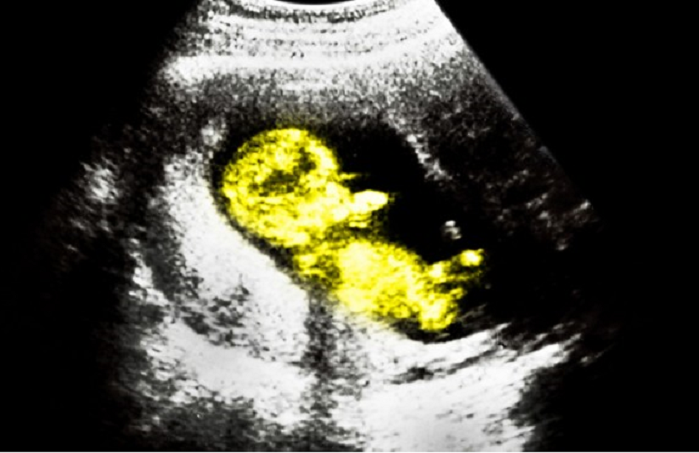A Pennsylvania court rejected former pro-abortion Gov. Tom Wolf’s attempt this week to stop a proposed constitutional amendment that would protect unborn babies from abortion.
Wolf, a former Planned Parenthood volunteer, filed the lawsuit last year after the Republican-led legislature gave initial approval to a state constitutional amendment that declares there is no right to abortion or a taxpayer-funded abortion in the Pennsylvania Constitution.
On Monday, the state Commonwealth Court dismissed the former governor’s lawsuit, saying the amendment is still just a proposal at this point, according to WITF.
“If every alleged misstep in the constitutional amendment process resulted in a lawsuit, then the potential exists for protracted, piecemeal litigation, which could potentially conflict with election-related deadlines,” the court wrote.
To amend the constitution, the state legislature must pass the language in two consecutive sessions and then voters must approve it on the ballot.
The amendment that Wolf challenged only passed one legislative session, and the chance of it passing this year is less certain after Democrats won a narrow majority in the state House last fall. Wolf’s lawsuit against the Pennsylvania General Assembly also challenges several other proposed amendments involving elections and gubernatorial power.
Please follow LifeNews.com on Gab for the latest pro-life news and info, free from social media censorship.
Here’s more from the report:
Commonwealth Court panel said judges were not passing judgment on the proposed amendments themselves …
Wolf, who was succeeded in office in January by fellow Democrat Josh Shapiro, had argued the bundling ran afoul of state constitutional rules that prevent combining changes with multiple, unrelated topics.
The Democrat leader argued that the abortion-related amendment should be broken into two separate amendments, with one being about the right to abortion and the other about taxpayer-funded abortions. Pennsylvania law prohibits taxpayer funding for elective abortions.
Leading state pro-life organizations have expressed an urgent need for the amendment because of a separate lawsuit filed by pro-abortion groups.
Last year, Tom Shaheen, president for policy at the Pennsylvania Family Institute, said the state Supreme Court is considering the pro-abortion groups’ lawsuit right now, and the ruling could be disastrous for the unborn and all Pennsylvanians.
“Today, Pennsylvania faces the greatest threat to unborn children and their mothers since the 1973 Roe v. Wade decision,” Shaheen said earlier this summer. “To put it bluntly, Pennsylvania is at risk of becoming a state like New York that allows abortions up until birth – and paid for by taxpayers.”
The Pennsylvania Pro-Life Federation said the court case could force state taxpayers to pay for the killing of unborn babies in elective abortions and strike down the state parental consent law, which requires underage girls to have a parent’s permission for an abortion.
It also could get rid of the state ban on late-term abortions and end informed consent requirements, the pro-life organization said last year.
“We would also lose regular inspections of abortion facilities, meaning that hair and nail salons would face greater scrutiny than abortion centers,” the federation continued.
The proposed constitutional amendment would keep these laws in place and allow state lawmakers to pass other protections for mothers and unborn babies.
In several states, courts have found a so-called “right to abortion” in their state constitutions. The rulings have been used to force taxpayers to fund abortions and restrict the state legislature from passing even minor, common sense abortion restrictions.
In 2018, West Virginia voters passed a similar state constitutional amendment after decades of being forced by a court ruling to fund elective abortions with their tax dollars. Tennessee took similar action in 2014.








